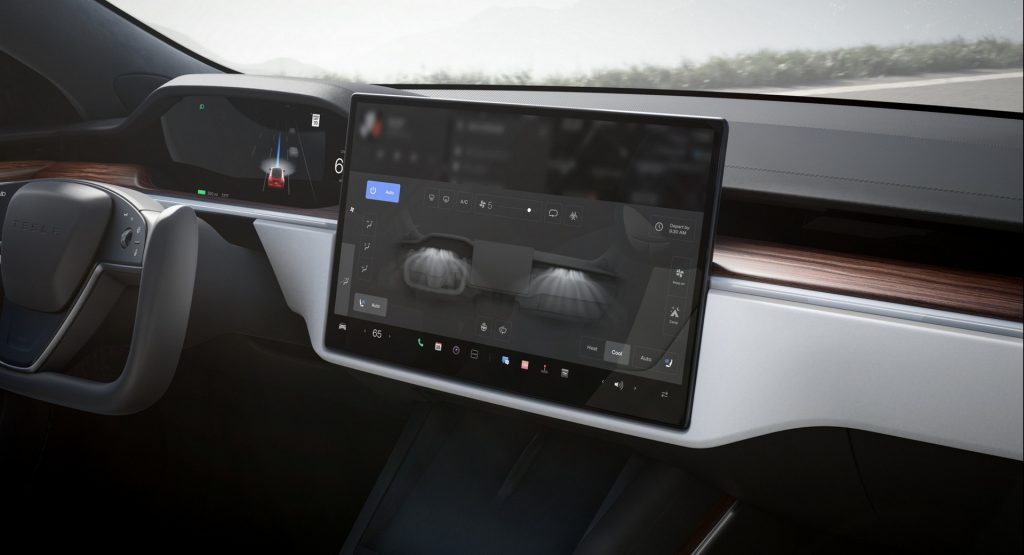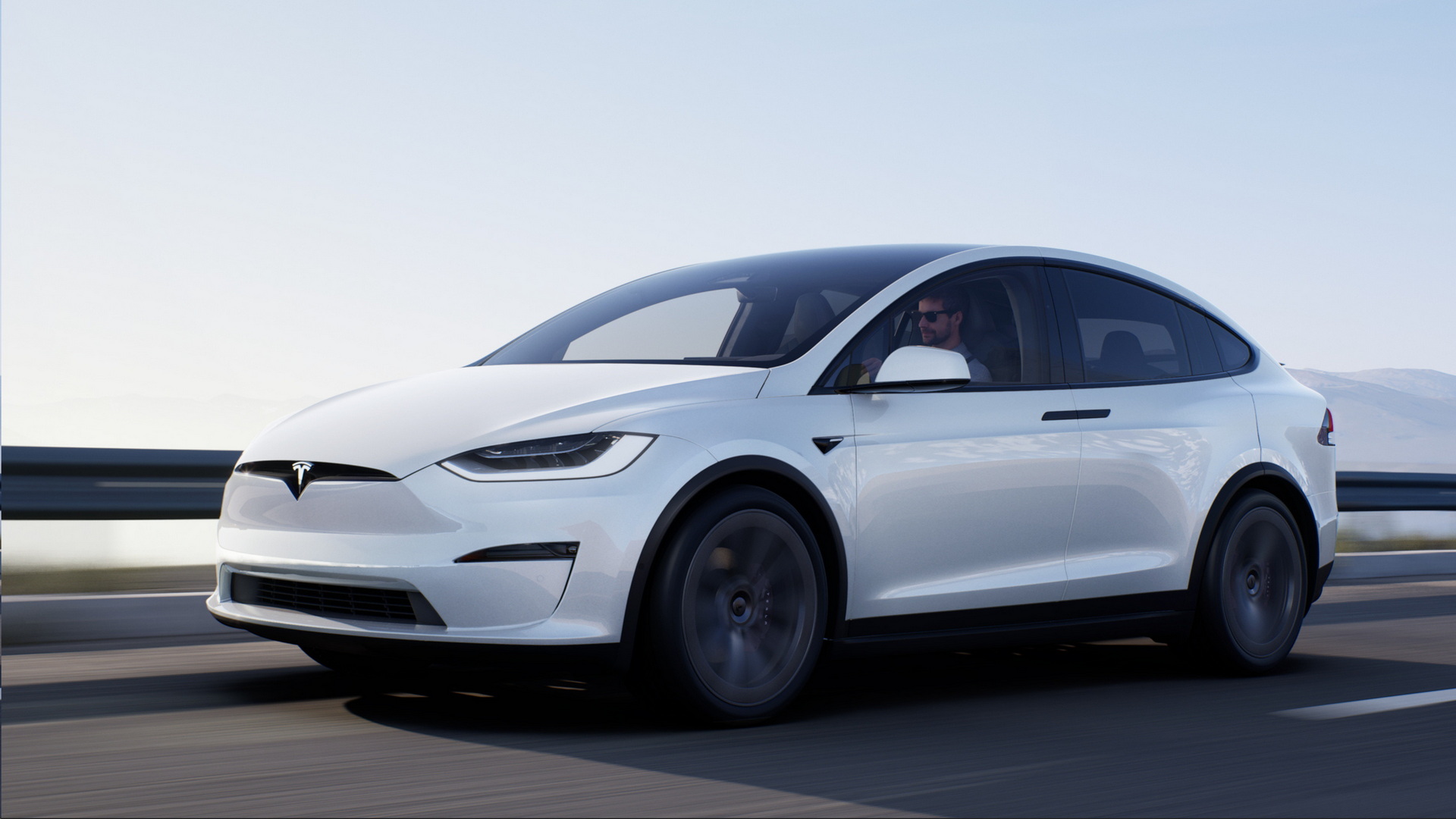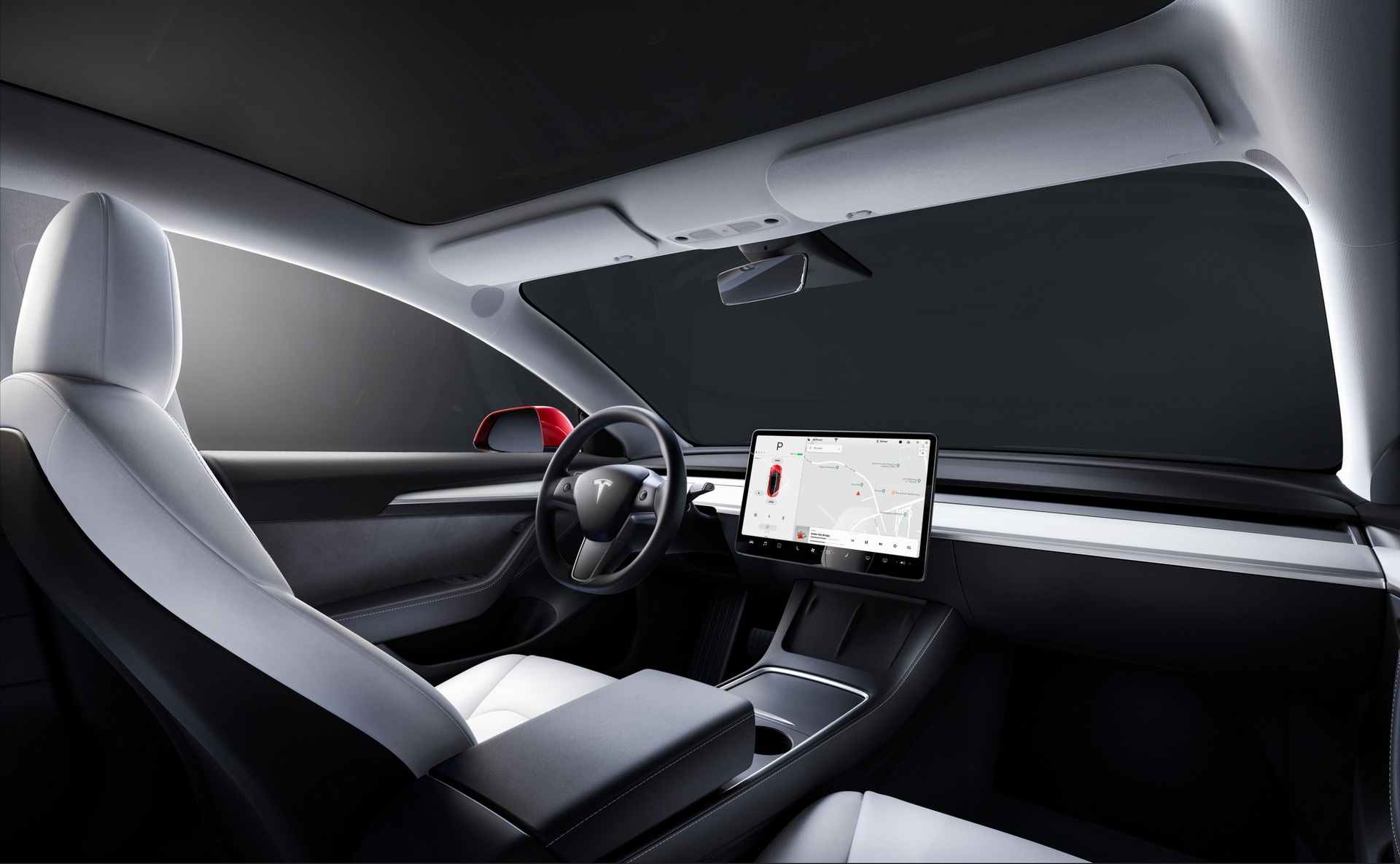Tesla is in the midst of a recall involving its entire lineup as an overheating CPU could cause a large number of important functions to become temporarily inoperative.
The issue was first noticed on December 23, 2021, during routine high-temperature operation endurance testing, according to National Highway Traffic Safety Administration (NHTSA) documents. After an investigation, Tesla discovered that the central processing unit (CPU) for the infotainment system may not cool sufficiently during fast-charging or preparation for fast-charging.
On January 3, a customer brought in their 2021 Model S for service due to the overheating CPU that caused the infotainment display to reboot when the vehicle was supercharging. The CPU was replaced but more customers followed in January.
Read Also: Volvo XC40 Recharge May Exhibit Unintended Acceleration, Stalling, Or Not Start At All
It was later found that a number of vehicles were prone to this condition, which could cause the infotainment CPU to slow and make the screen lag, restart, or simply appear blank.
This is of particular concern to NHTSA because so many of Tesla’s necessary systems are operated through that screen. In addition to the rearview camera not displaying if the screen is blank, drivers are also prevented from accessing the gear that they want to be in and the windshield wiper controls, both of which are crucial to safely using a vehicle.
Nearly 130,000 cars on the list
In all, 129,960 Tesla vehicles are included in this recall, though the automaker expects that only one percent of them are likely to have the defect. That includes model year 2021-2022 Model Ss made between February 3, 2021, and April 28, 2022; model year 2022 Model 3s made between December 8, 2021, and May 2, 2022; model year 2021-2022 Model Xs made between June 8, 2021, and April 30, 2022; and finally, model year 2022 Model Ys made between October 18, 2021, and May 2, 2022.
To remedy this issue, Tesla started rolling out an over-the-air firmware update on May 3 to improve the temperature management of the infotainment CPU. This, the automaker believes, will mitigate temperature elevations when the vehicle is fast charging or preparing to fast-charge.






